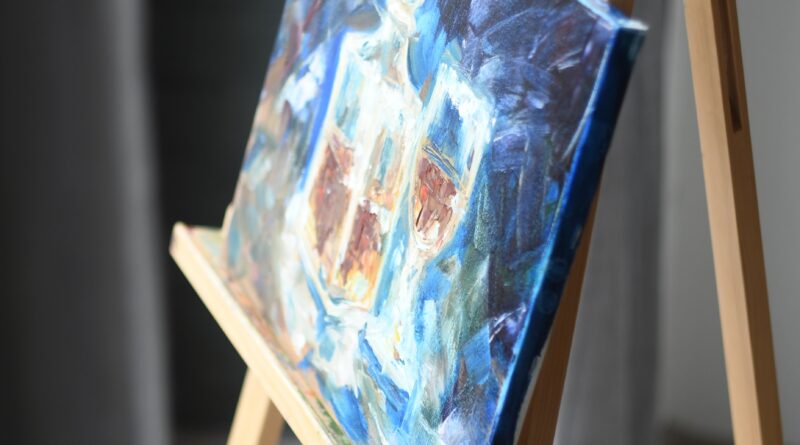Jigajisan (自画自賛 – Self-Admiration)
Jigajisan
自画自賛
I think that everyone would like to praise himself/herself sometimes.
たまには、自分のことを褒めたくなることがあると思います。
To praise oneself is often referred to as “jigajisan” (自画自賛) in Japanese.
自分自身を褒めることを、日本語ではよく「自画自賛」という四字熟語で表現します。
Here the “ji” (自) means “my” or “myself,” and “ga” (画) means “painting.”
「自」は “my” や “myself,” 「画」は “painting” を意味します。
Also, in Oriental paintings, inscriptions/poetry related to the painting are called “san” (賛).
そして、東洋画ではその絵画に関する詩文のことを 「賛」もしくは「画賛」と言います。
That is to say, the original meaning of “jigajisan” is to write an inscription/poetry of your painting.
すなわち「自画自賛」の本来の意味は、自分の描いた絵に対して自分で詩文を書くことを言いします。
It is thought that since the kanji “賛” (san) include the meaning of “praise,” this term has come to mean “praising oneself” or “self-admiration.”
「賛」というには「褒める」という意味も含まれることから、現在の「自分自身を褒める」や「自慢」のような意味になったと考えられています。




